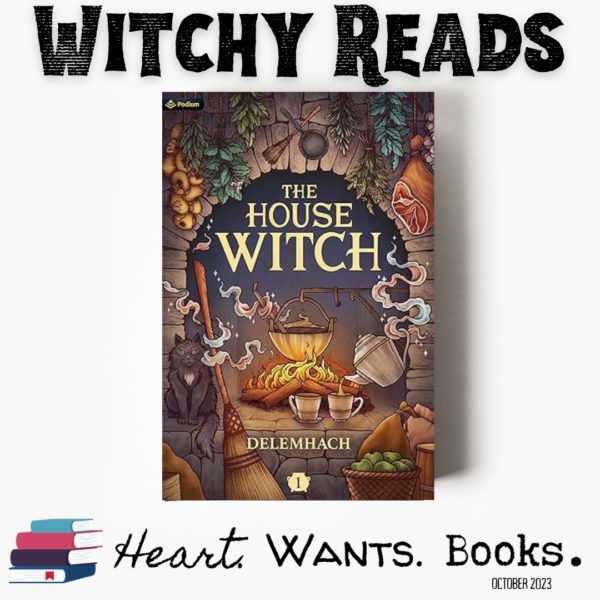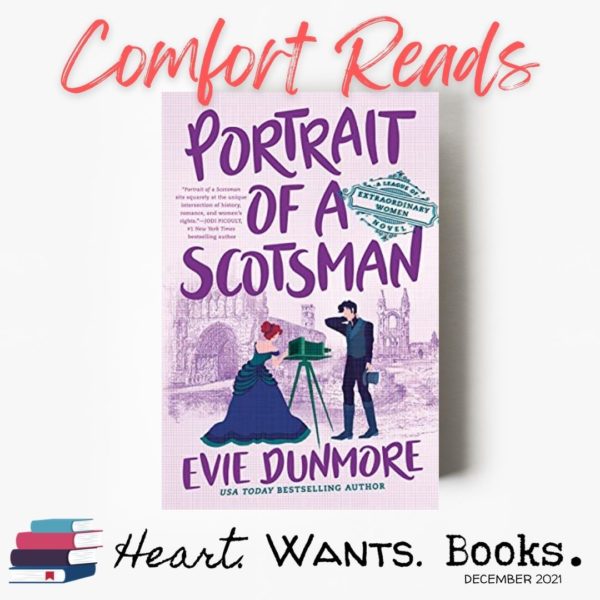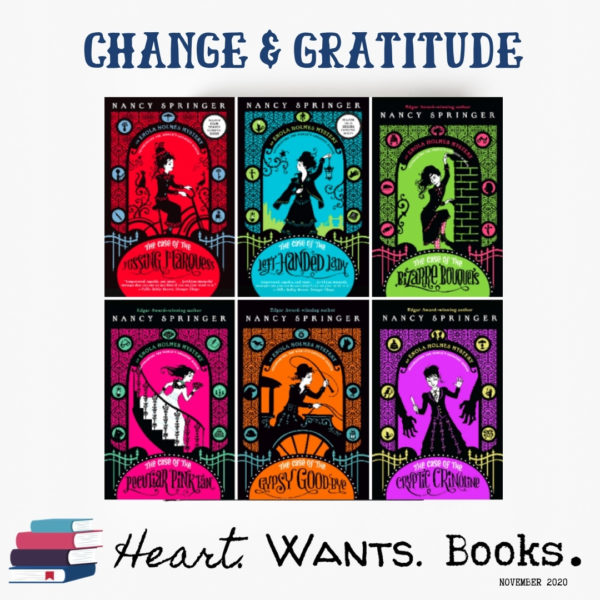Rules for Being a Girl by Candace Bushnell & Katie Cotugno March 11, 2021
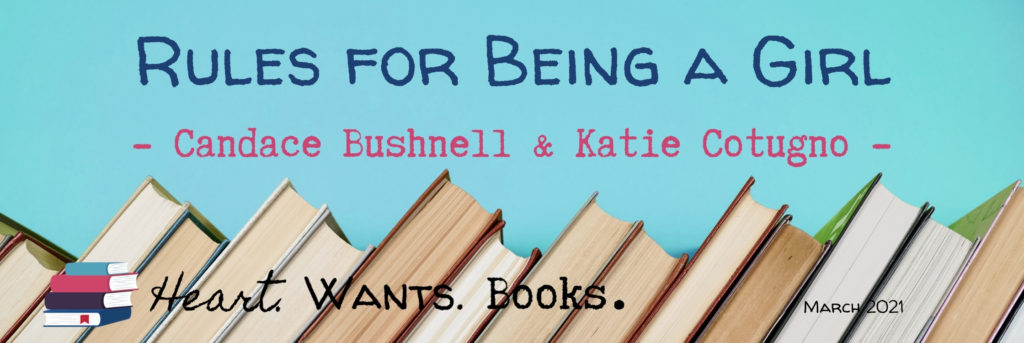
The following post includes affiliate links. More details here. As you’re doing your Amazon shopping, we’d be ever so grateful if you’d use our affiliate link to do so as it helps pay the bills around here!
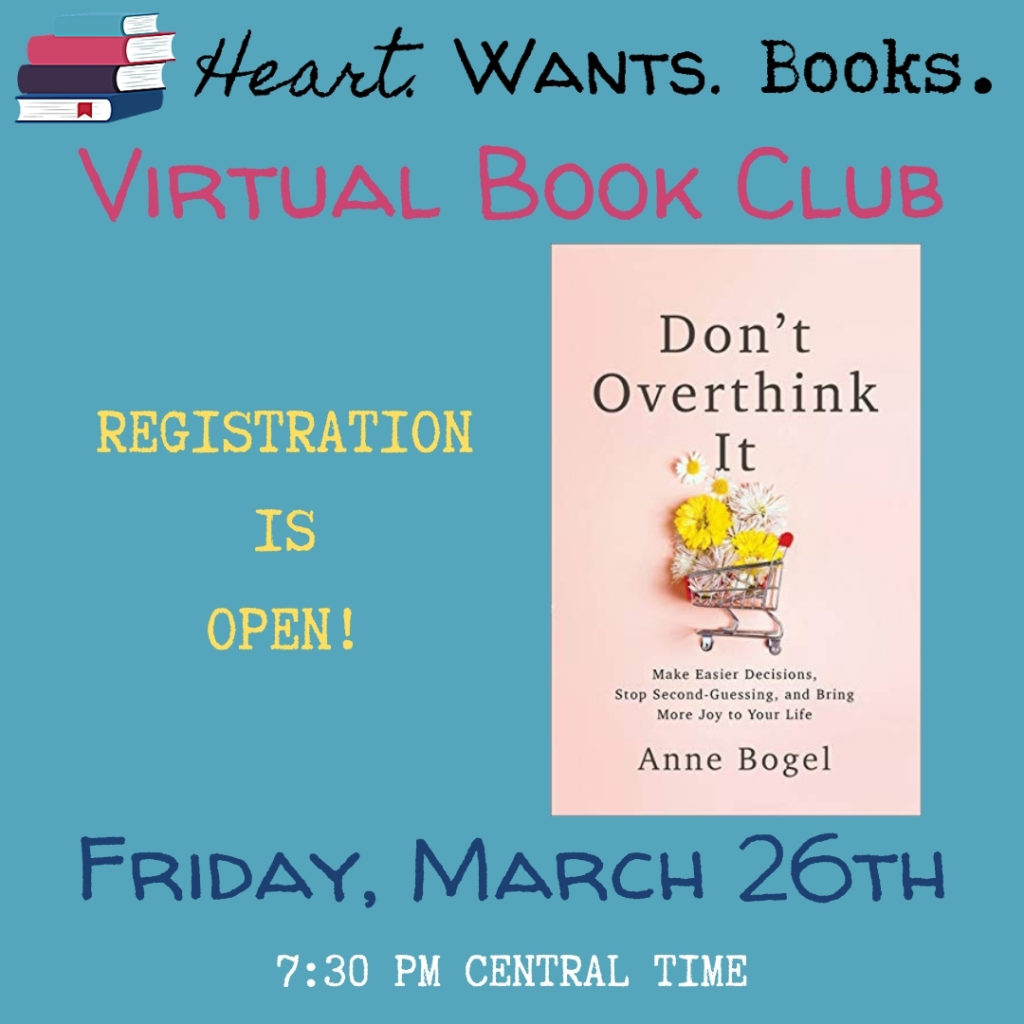
Lemme give you a sneak peak of today’s title, the rule for being a girl should be don’t overthink it (yes, this is most definitely me shoulding on society). We all know things are more complex than that because dumb reasons that involve mostly people not being kind and trying to steal the joy of others. I’m not here for that, but I am here for a book on the exact opposite, and I hope you are too. If you are, then sign up here for our next Virtual Book Club on Friday, March 26th at 7:30 p.m. CST when we’ll discuss Don’t Overthink It: Make Easier Decisions, Stop Second-Guessing, and Bring More Joy To Your Life by Anne Bogel. My guess is that Anne will be very upbeat but also real and kind, perhaps not as snarky as today’s title, but y’all, I love some snark.
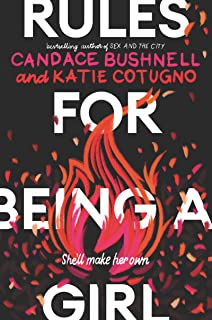
Dear readers, I tried to #blameAnne for Rules for Being a Girl by Candace Bushnell and Katie Cotugno, but I can’t find a source list or episode, so that’s probably not it. Oh well, I just wish I did know how this title landed on my TBR so I could say “please, may I have another” and also rage about the truths contained herein. (Ashley’s claiming responsibility, and she already adds to my TBR, so I’m set.) We are hanging out in high school again this week, and even though I’m over that, I’m NOT over this title, which I read consumed in about 24 hours (including a work day, where I was actually at work). Bushnell and Cotugno drew me in with Marin, who academically reminds me a lot of myself, and of Ashley (I *may* have texted her and said “3% spoiler time: The narrator is academically our people.”) I, unlike Marin and Ashley, was smart enough to realize that college English through our local community college was much easier than AP English and took the easy way out (even though Ashley and I both had to “repeat it” in honors classes – see Monday’s mention of lengthy reading lists), but I digress. [Ashley adds that she didn’t take the AP English TEST because she wouldn’t need the credit and didn’t want the added stress at the end of senior year BECAUSE of said Honors College required freshman English courses.] Marin is a high school senior with the world open before her after she finishes her senior year. She’s loved by her teachers, friends, parents, and even her boyfriend. Marin doesn’t pay enough attention to secrets though. My mother always told me, as her mother told her, if I didn’t want her to find out about it, I shouldn’t be doing it. While I did not always heed that advice, it holds true. But legit, when Marin’s teacher asks her to keep a secret, IT SHOULD HAVE BEEN A CLUE. It was a clue for me in the form of a giant, glaring red flag, and then I was screaming at her next time. Let’s be very clear dear readers about trigger warnings, if Marin and Bex were the same age, they could have had a miscommunication and nothing more would have come of it. The issue came about because he was in a position of power. My issue stems from him knowing it was wrong before he did it, yet he did it anyway. (This is in the marketing copy, so it’s not a spoiler.)
The powerful pieces of Rules for Being a Girl aren’t what Bex does, but how Marin reacts. It takes her a bit, but she finds her voice. THAT is my favorite part of this book, starting with the actual high school newspaper editorial that highlights all the struggles of all the lies we’ve been raised up on, been taught by society and the patriarchy. Marin finds a teacher willing and able to pour into her and help her grow and use her voice, find her people, and that is the true joy of this book. Did I want more ending? Oh most certainly, but also, the ending we get in Rules for Being a Girl feels right. I don’t even want an extended epilogue because I want Marin to be able to write her own story, and all the readers her age who read this to imagine themselves and the future they want in Marin’s place.
Overall, I give Rules for Being a Girl 4.5 stars, which I’ll round up to 5. This title is well written and powerful, and I am here for it! We all need the joy of finding our people, even if we need to learn the lessons required to do so the hard way. I am not certain I’ll reread this book, but I am very confident I’ll recommend it. I also want to share two things before we go. Thing that didn’t need to be included but was SO powerful: a feisty grandmother, because we all need more of this! Things I did not appreciate about this book: the teacher is younger than me. Y’all, I was not ready, this is not ok.
What’s a book that makes you cringe but also so excited about the character development?
~Nikki

I had heard of Candace Bushnell as an author for many years, but I haven’t read her 1996 debut novel, and her most famous, Sex and the City, which was the basis for the hit HBO series and two follow up movies. This New York Times Best Selling author’s books Lipstick Jungle and The Carrie Diaries were also made into popular television shows. Rules for Being a Girl is her tenth novel and her first co-authorship.

Katie Cotugno is a New York Times Best Selling author of six full-length YA novels and multiple short works. Her website tagline is “messy, complicated, feminist love stories” and I’m here for all of the above. She writes under the pseudonym Ruby McNally to differentiate from her YA titles and to allow herself to write “smart, edgy, feminist love stories that are just a bit more grown-up.” What I’m understanding is that it means there’s sexytimes, and I’m here for all three of those in that type of genre.
It took me a few false starts to figure out what I actually wanted to write about for today’s book review of Rules for Being a Girl and I latched on to the idea that this fictional story of one girl’s experience of sexual assault (minor spoiler, it was a kiss, but an unwanted kiss!) by a teacher is a textbook example of many girls’ sexual experiences at some point in their young lives, whether it be by a peer or someone older than themselves. Marin doesn’t know how to handle the emotions that come with such an experience, no one knows how it feels until it happens to them. Her inner monologue is at times righteously angry and frustratingly submissive. I am angry to know that I am not alone in realizing that girls are conditioned to think that in some way it is their fault for assault, that they are ‘asking for it,’ that they didn’t take the right precautions against unwanted or unasked for sexual attention. I am upset for Marin and every girl who thinks that their righteous anger at being assaulted is unjustified and the subsequent indignities the current system puts her through are justified. These things are NOT ok, and we need to do better for our girls (and boys).
It’s stated in the marketing copy, so this is not a spoiler, but Marin starts a feminist book club with the help of science teacher Ms. Klein. The best quote comes from the first book club meeting. We meet Eliza Hernandez, captain of the girls volleyball team. Eliza admits that the team is defending their title for state champion. Marin, co-editor of the school newspaper, admits that she didn’t know her school’s volleyball team was defending their state championship title and that it was obnoxious that there was no school pep rally scheduled for the team – but that the school’s mediocre at best football team received multiple pep rallies during their season. Eliza drops the bomb that the volleyball team can barely get a bus to take them to away games. Marin narrates: “It’s like now that I am looking for inequality, I’m seeing it everywhere, categorizing a thousand great and small unfairnesses everywhere I go. Why didn’t I see this before?”
The easiest answer to this question is because she wasn’t looking for it. Knowing the inequalities exist is one thing, but until you, or someone very close to you, has experienced these inequalities inherent in the system for yourself, most of the time one is not going to go looking for the ways the patriarchal, racist system keeps us all down. I say most of the time because there are those people who do not suffer from specific systemic inequalities but who do do the hard work to become educated, changing themselves and working towards changing the system.
Rules for Being a Girl, with it’s happily rounded to 5-star read, has put a wrench in my reading life this week because I thought I was just going to jump into the next books Nikki and I had already chosen for the blog, but when Bad Feminist by Roxanne Gay was given to Marin by Ms. Klein, and it had such a profound effect on Marin, I knew that I had to expand my own feminist education. I spent real dollars on the purchase of the Kindle book. Stay tuned for Monday’s post where we bring you some thought provoking non-fiction titles for Women’s History Month.
Has a fiction story ever derailed your reading train as Rules for Being a Girl has done to mine? If so, what story made the change in your itinerary and where did it take you?
~Ashley
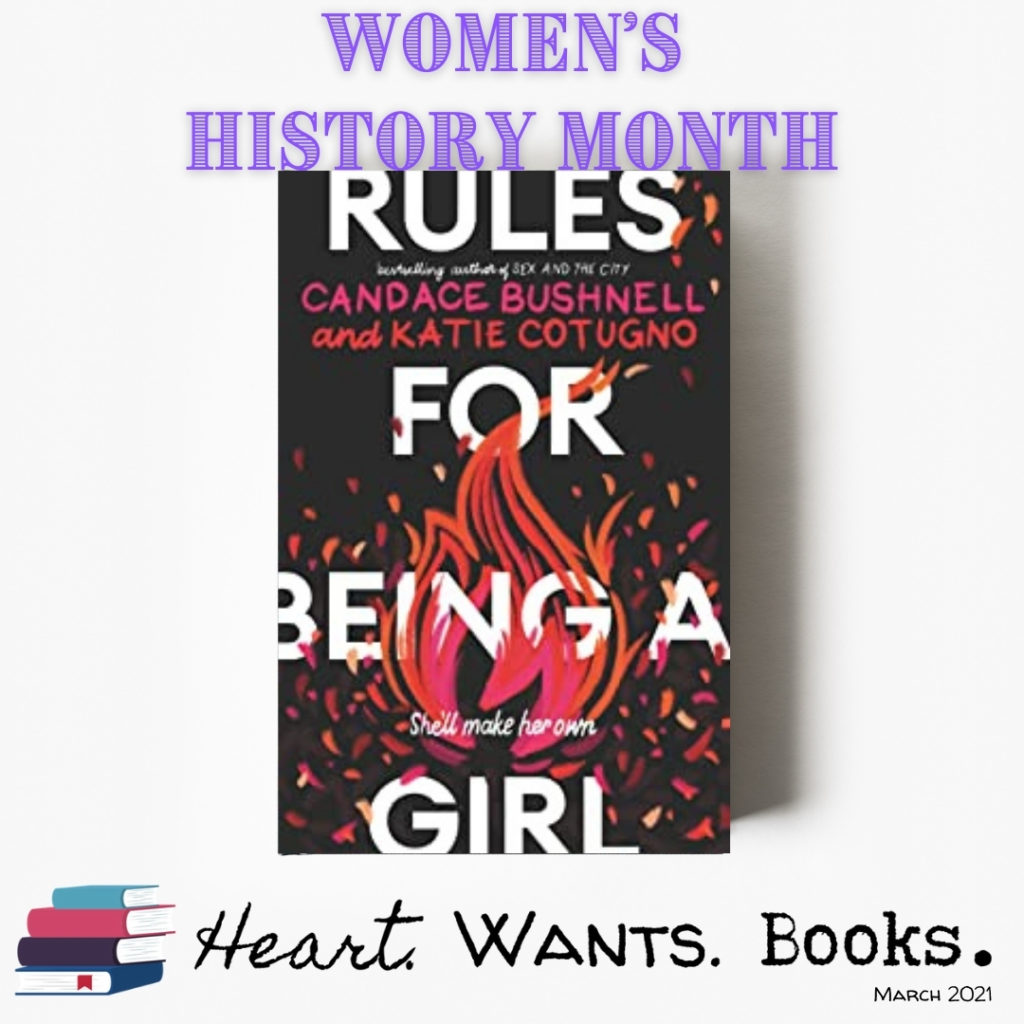
PLEASE SUPPORT US WHEN YOU SHOP BY FIRST CLICKING ON THE IMAGES BELOW:




